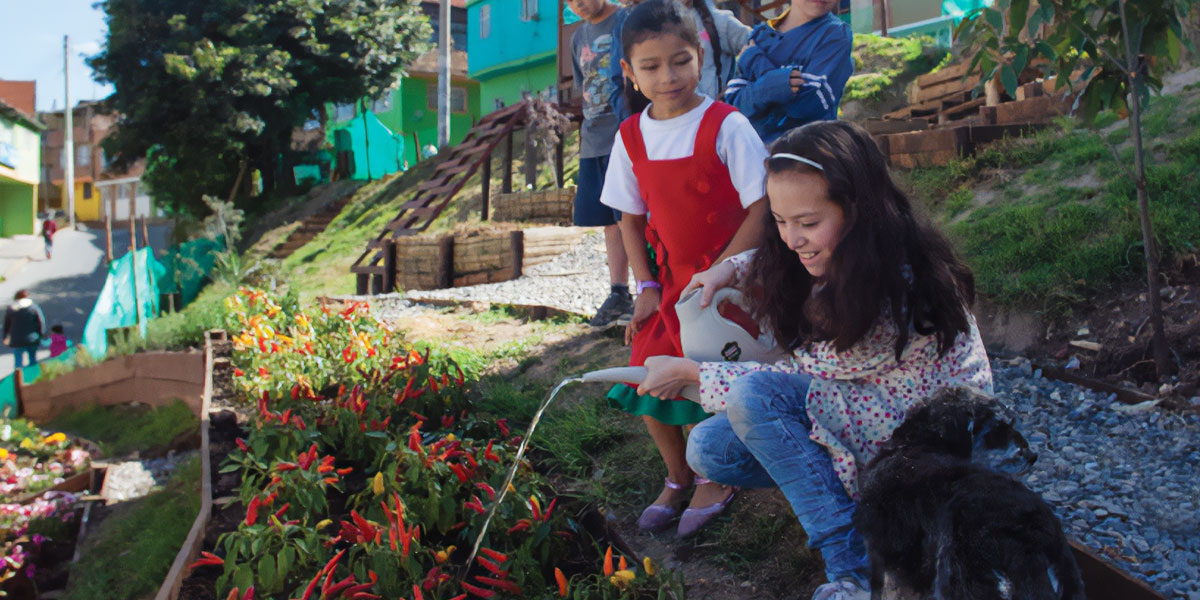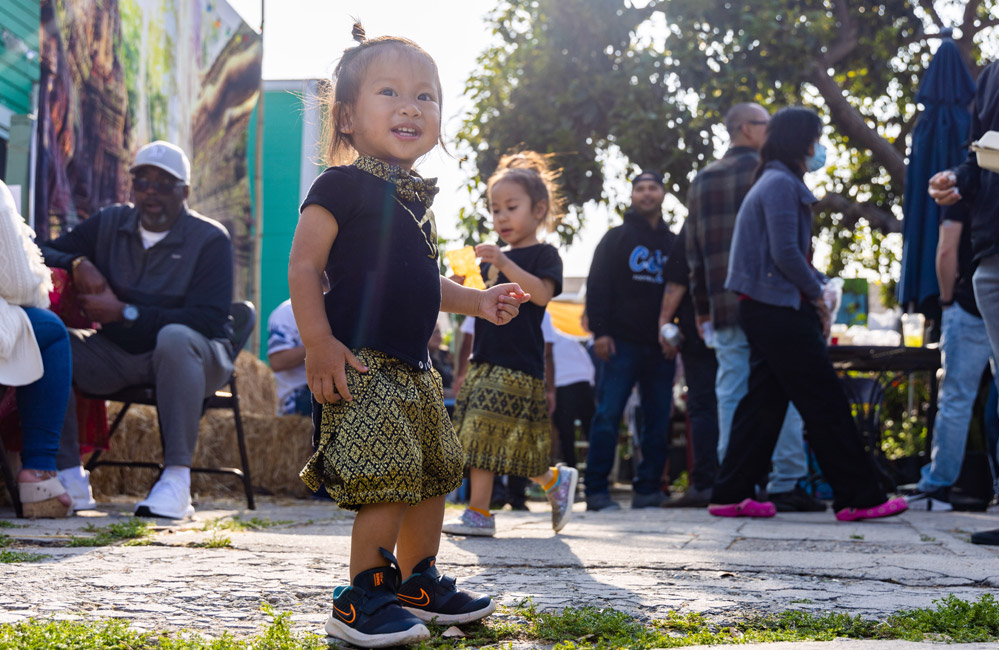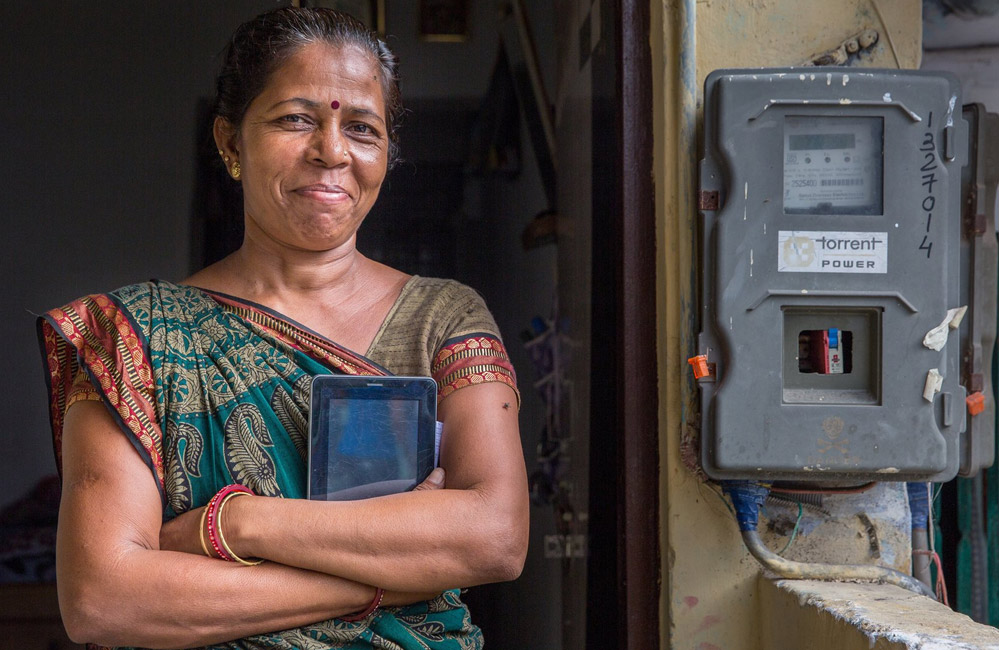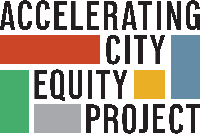
the power of health equity
What We Mean by Health Equity
There is no single, common understanding of what it means to achieve “health equity”. Some may think about all individuals, irrespective of their socio-economic, racial, or ethnic backgrounds, having equal access to quality healthcare services, treatments, and medicines. These are critically important aspects of individual health equity, but only one of a multitude of determinants in comprehensive health and wellbeing. For the purposes of the Accelerating City Equity (ACE) Project, we think beyond individuals and focus on community health equity, defined as ‘everyone having a fair and just opportunity to be as healthy as possible.’ This means removing upstream obstacles to health equity and creating conditions that foster and support a healthy lifestyle, including ensuring access to clean air and water, affordable housing, healthy affordable food, education and good jobs with fair pay, affordable childcare and other caregiving services, opportunities for physical activity, access to nature, and places for people to gather, play, and build social bonds.
 The Challenge
The Challenge
You might imagine that people who live in the same city breathe the same air, have access to the same public spaces, jobs, social services, or infrastructure. Surprisingly, that is almost never the case. Historically, neighborhoods around the world have been developed according to substantial underlying injustices and inequities. These may be through aspects like race, ethnicity, socioeconomic status, country origin, household registration, religion, or land tenure, which was systematically embedded into planning and development law. Racism, discrimination, marginalization, xenophobia, and other forms of exclusion create disparate physical and social neighborhood conditions that result in vastly different health outcomes for residents living in different parts of the same cities, even when living just a few blocks apart. In fact, the leading predictor of how long you are expected to live, is where you live.
At the same time:
- Urban development decisions that have the greatest impact on resident health are most often made by those that are not typically considering health impacts (i.e., real estate developers, transportation departments, urban planning firms, local governments).
- Most cities do not have mechanisms to meaningfully engage or empower residents to make long-term planning decisions about their own neighborhoods.
- Business interests may pressure cities to become involved in large-scale megaproject developments that theoretically drive outside tourism, international visibility, and revenue. In reality, it has become clear that often megaprojects fail to deliver the economic benefits that were promised, damage local neighborhoods suffering from underinvestment and fray the social fabric of those communities.
 These factors – not considering health impacts, not engaging community members in planning, prioritizing external tourism over quality of life for residents – can hold underresourced communities back from thriving and participating fully in the social and economic life of the city. Equitable development must include involvement from all residents, ensuring access to – and agency over – environments and opportunities that support health and wellbeing today and for future generations.
These factors – not considering health impacts, not engaging community members in planning, prioritizing external tourism over quality of life for residents – can hold underresourced communities back from thriving and participating fully in the social and economic life of the city. Equitable development must include involvement from all residents, ensuring access to – and agency over – environments and opportunities that support health and wellbeing today and for future generations.
A Key Distinction: Equity vs Equality
In order to engage in this work effectively, it is essential to understand the difference between equity and equality. Many people think of equity and equality as the same thing. But people’s needs are different, so giving everyone the same “thing” doesn’t help everyone equally.
In the graphic below you can see how everyone has an opportunity to cross the street, but adding a cut curb and beeping and tactile indicators for people who are partially sighted or blind, makes it possible for everyone to cross safely.
- Equality implies treating everyone the same
- Equity acknowledges that people start from different places and might need different resources or treatment to achieve similar outcomes. We all want the same big things in life – health, happiness, prosperity – but people have to travel distances to reach those goals.
- Equity means recognizing those differences and adjusting action accordingly.
- Equity aims to promote justice, fairness, and inclusion for everyone. It is a broad concept which is most often used when discussing social justice, health and economics and may refer to social, economic, health, educational or even equity in law, among other types.


